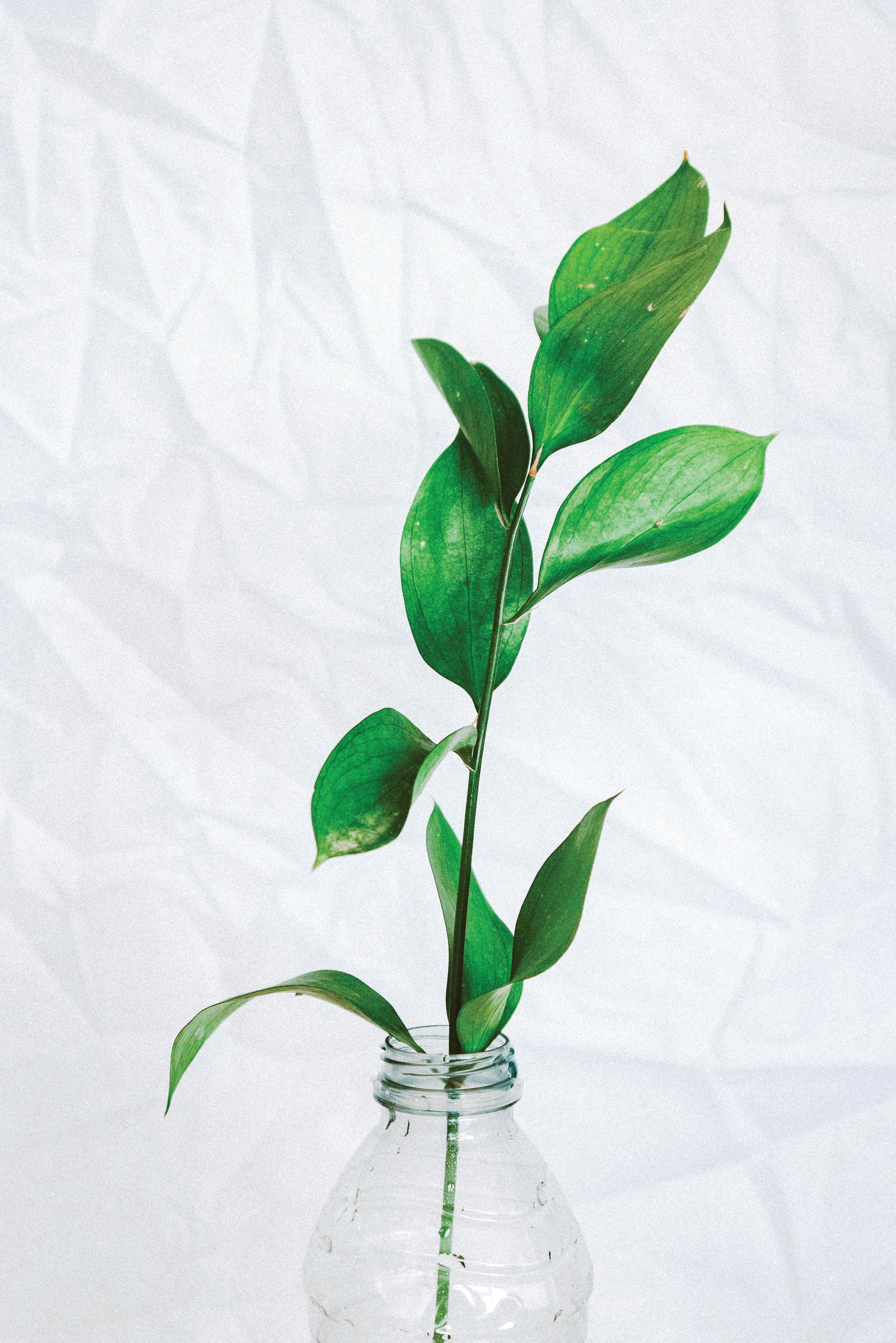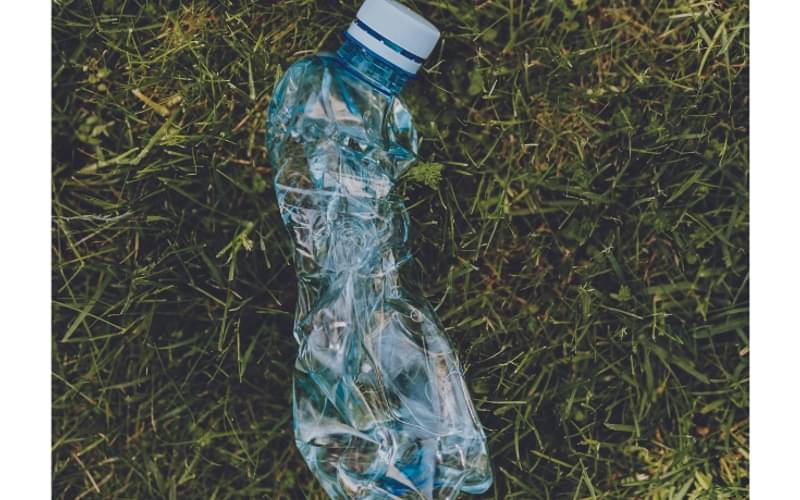Bottles, bags, and beyond: The biography of plastic
Troubled by the end-life consequences of a product, we dislike plastic. I look at plastic packaging and how it is collected, cleaned and remade into something
17 Jun 2024 | By Disha Chakraborty
What lies beyond the containers and carry bags that populate our daily lives? Let’s dive into the depths of plastic's impact, tracing its path from the polymer laboratories to the beaches of vast oceans.
On one hand, the glut of virgin plastic presents a challenge to companies trying to reduce their reliance on single-use plastics in the face of stricter regulation and government pledges to reduce plastic waste pollution. On the other, one wonders what is happening to mass design? And if it can re-look at recycled plastics?
The packaging sector encompasses the entire spectrum of production. In the plastic realm, it involves stakeholders like polymer producers, who manufacture the base material, polymer resin, which is then supplied to converters.
These converters transform the resin into intermediate plastic packaging like films or pre-forms. Finally, producers utilise these intermediates to create the final packaging, such as pouches, bottles, or other end formats. Can this entire ecosystem push for plastic waste credits? Is this do-able?
Meanwhile on the one hand there is talk about a curb on plastic production. And on the other, there are the real numbers. India’s plastic exports were valued at USD 1,113-million in March 2024, a 5.6% increase from USD 1,054-million in March 2023. FIBC, woven sacks, woven fabrics, and tarpaulin grew by 16.1%.
At Plexconnect 2024, I spoke to a Vietnamese gentleman who was interested in purchasing resins from India. He was talking to the CEO of an Indian packaging film converter who imports plastic resins from Vietnam. The question was, why would you buy films from India when you have resins available at a cheaper cost in Vietnam. To my surprise, he said the conversion quality is an issue, and he would prefer India. In that case, China has the second-most inexpensive resins, but that's not an option for him as the taxes are high.
According to a Plexconcil report, India’s per capita consumption of plastic is 11 kgs per year, against the global average of 28 kg per year. According to data from the Ministry of Environment, Forest and Climate Change of India, over 3.4-million tonnes of plastic waste was generated in 2019-20 and 3.06-million tonnes in 2018-19. The situation worsens when a significant amount of non-recyclable waste ends up in rivers, oceans, and landfills.
There are brand owners, and then packaging material suppliers, followed by raw material suppliers and then machine manufacturers or suppliers. The material manufacturers believe they can support those above them in the value chain because they have more visibility as compared to machine manufacturers. Ultimately, they have to see what consumers want and how the demand can be handled. The World Bank launched USD 100-mn plastic credits bond. It's an interesting idea. In theory, each plastic offset credit represents a tonne of plastic collected or recycled ...
To make plastic credits bond work, requires education. When asked about the knowledge gap between sustainability and biodegradability in the industry and society, Sunil Jain of Rajoo Engineers and the chairman of the Indian Institute of Packaging (IIP) said, “The industry needs to make itself more visible. Education about how the packaging should be used or disposed of will play a crucial role in moving forward in terms of sustainability. Everyone is talking about sustainability, but sustainability has different meanings for different people.”
To counter the overdosage of plastic and track the end life of the product, the Government of India issued the Extended Producer Responsibility (EPR) Guidelines in February 2022. They contain targets for flexible film recycling and the use of recycled content back into packaging.
Additionally, Pollution Control Committees (PCCs) and the State Pollution Control Boards (SPCBs) have been tasked to submit an annual report on the EPR portal concerning its fulfilment by producers, importers, brand-owners, and plastic waste processors in the respective states and union territories to the Central Pollution Control Board (CPCB).
This notification has sent a strong signal to the industry that a move to recyclable formats is needed. Plastic packaging waste is being collected and managed in an environmentally sustainable way through the EPR of the producer, importer, and brand owner. The single-use plastic ban will be closely monitored by the Central and State Pollution Control Boards and directives have been issued at the national, state, and local government levels to not supply raw materials to industries that operate in banned items.
The plastic packaging waste sector is still in its infancy, but de-bottlenecking the plastic supply chain will uncork its own rewards ...

APChemi: APChemi is implementing its “ultra-pure pyrolysis oil technology.” In simple terms, end-of-life plastic waste is recycled into pharma/food-grade plastics. With four patents and eight in line, the company is set to achieve its goals of decarbonisation and producing efficient energy. The company turns tyres, waste plastic, and biomass into upcycled products like hydrogen gas, biofuels, and sustainable chemicals.
Banyan Nation: Banyan Nation incorporates a system of collecting plastic waste in large quantities. It recycles them into premium and qualitative recycled polyolefin plastics. By December 2023, the group has recycled one lakh tonnes of plastic tonnes into 300-million FMCG bottles.
Deluxe Recycling: The company focuses on recycling the difficult Multilayer Plastics (MLPs) widely used as sachets and beverage cartons. With their proprietary technology, the company transforms MLPs into recycled valuable products like rickshaw seats and pallets at a large scale. The company's R&D department is developing new eco-friendly products and expanding its production capacity.
JB Ecotex: The company processes and recycles 6,000 tonnes or 36-crore PET bottles per month and transforms them into recycled polyester staple fibre. This product is highly durable, ecofriendly, and gives excellent performance.
Lucro: The company takes locally sourced plastic waste and recycles it into post-consumer recycled flexible packaging products like stretch wraps, shrink wraps, polybags, and other sustainable and flexible packaging to clients in FMCG, retail, and F&B, industries alike, thus enhancing the plastic circular economy. All of its products are 100% recyclable.
Rexaw Recycling: The company has leapt forward using advanced technology and now recycles plastic, tetra packs, paper, aseptic packaging, laminated paper, used oil, steel, and washing drums. A notable mention is that the aseptic laminated packaging materials and other recyclables are recycled and transformed into Rexaw chipboards used in furniture-making.
The Shakti Plastic Industries: The company has been leading the waste-management industry since its inception in 1969. It specialises in recycling all types of post-consumer plastic waste, manufacturing recycled plastic granules and other eco-friendly industrial and sustainable consumer products.
Zerocircle: The company is a developer of bio-alternatives to convert waste into sustainable packaging materials. Zerocircle harvests seaweed from oceans to manufacture sustainable packaging materials, thus working towards a carbon-neutral future.


